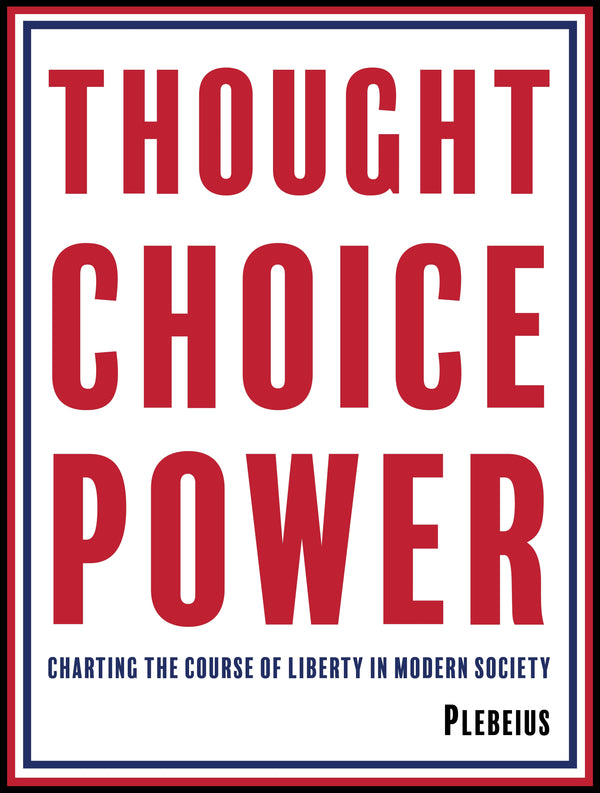Why the Pen Name "Plebeius"
Choosing a pen name is more than adopting an alias. It’s about embracing an identity that embodies the core themes and motivations of the work itself. When I chose the pseudonym "Plebeius," it wasn't simply a stylistic choice. The name is deeply rooted in history and reflects the enduring struggles of ordinary citizens – the very essence of Thought Choice Power: Charting the Course of Liberty in Modern Society.
Equally as important, Plebeius is an homage to “Publius,” the pen name used by Alexander Hamilton, John Jay, and James Madison when they wrote the all-important Federalist Papers. These three indispensable figures used anonymity to ensure that their ideas, advocating for the ratification of the U.S. Constitution, were judged on their merits, free from bias or personal prejudice. It’s a lesson in public discourse that is sorely needed today.
The name also directly nods to the plebeians of ancient Rome, who constituted the backbone of Roman society. These were farmers, shopkeepers, laborers, and traders – the ordinary people, some even wealthy, who made up roughly 90% of Rome’s population. Yet, unlike the elite patrician class, plebeians had limited political power. Over hundreds of years, plebeians fought for and gradually won more rights, including the creation of the Tribune of the Plebs, an office that allowed them to protect their interests against the decisions of the Senate’s patricians.
In short, the pen name Plebeius is not just a historical gesture – it embodies vital principles relevant to today's social and political climate. It reminds us that the fight for equal representation and justice isn’t confined to history and that every voice – no matter how small or seemingly powerless – holds the potential to effect change.
Let’s not fool ourselves: “We the People” are, by and large, plebeians.
And who are today’s patricians? There are clear parallels between the superrich of today and the patrician families of ancient Rome. Concentrated wealth, outsized political influence, control of cultural institutions, dynastic wealth, and extreme social privilege are persistent threads in time. But this isn’t to say that history repeats itself in perfect equivalence. The more pressing question is: will we, a society founded on the principles of liberty, choose to confront or accept today’s realities?
The name Plebeius serves as a reminder that the U.S. Constitution was constructed for the People – the plebeians – and that the true power in any democracy lies not with the privileged few but with all of its citizens.
i am Plebeius, and, like it or not, I suspect you are too.
